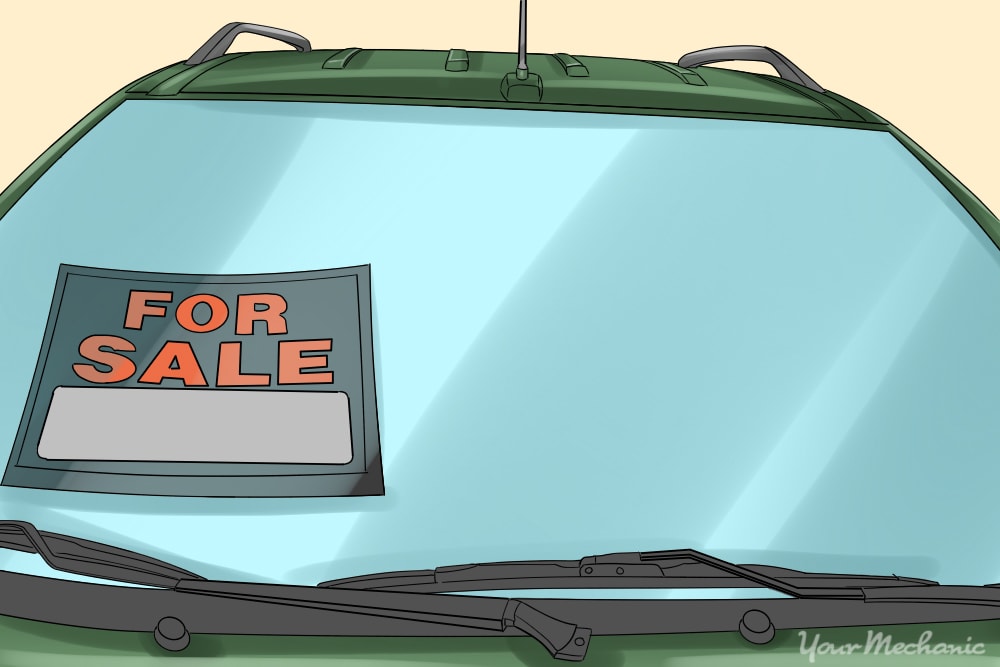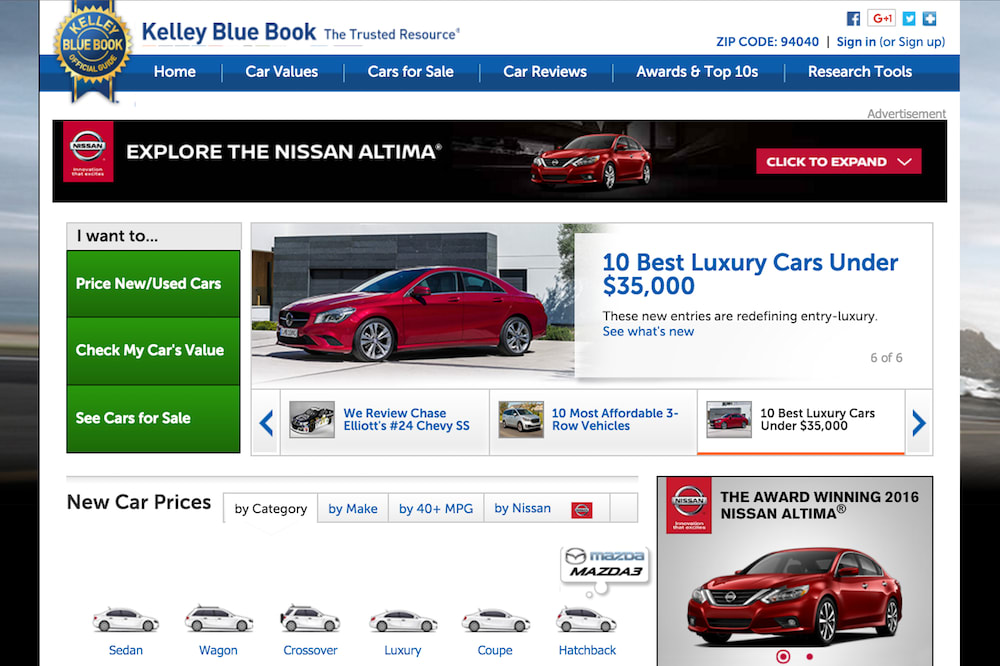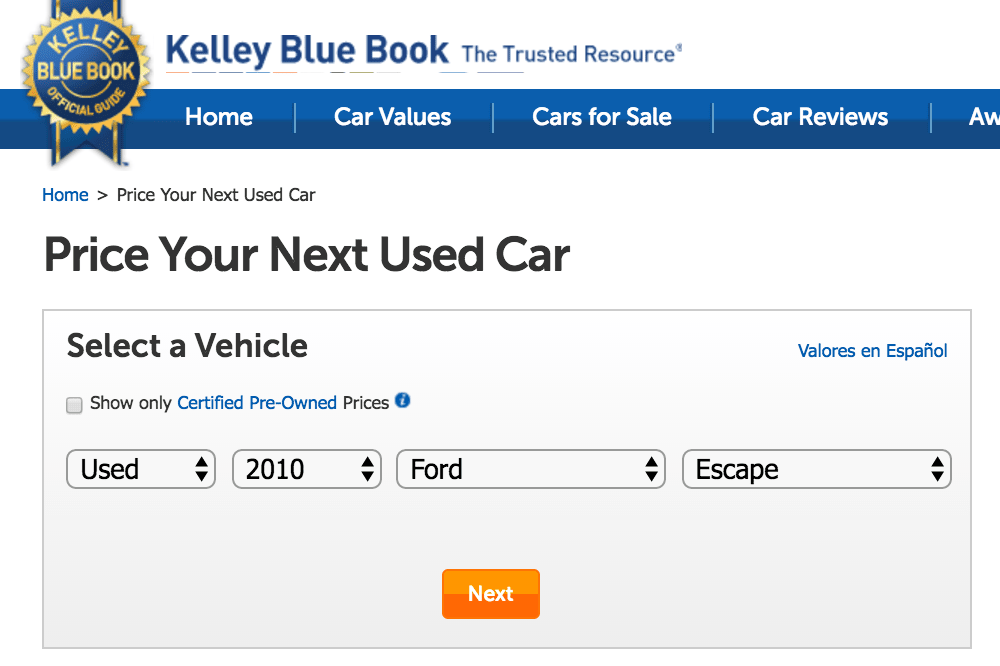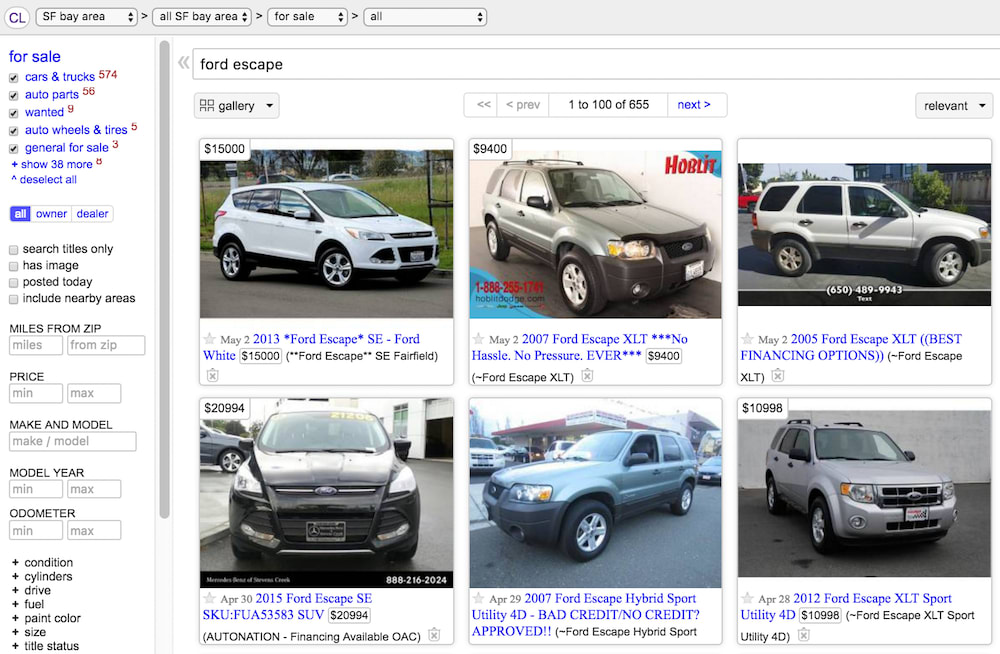

When the time comes to sell your car, you will want to know exactly how much it is worth. Knowing the value of your car not only provides you with an expectation, but it also gives you some leverage in negotiating, as you know the market value for your car.
If you calculate the value of your car correctly, you can be patient and hold out for a good deal, instead of taking the first offer you get and losing thousands of dollars.
Even if you’re not considering selling your car, it can be helpful to know what it is worth. Your vehicle is an asset and it’s always smart to be aware of its worth. If you have an emergency and need money, you know exactly how much money you will get should you sell off your assets.
While the market for every vehicle is constantly in flux, you can use a few tools to determine the rough worth of your car at any point.
Method 1 of 3: Use the Kelley Blue Book or a similar service

Step 1: Visit the Kelley Blue Book website. Kelley Blue Book is the premier online resource for car valuation.
To get started with Kelley Blue Book, visit their website, then click the Price New/Used Cars button to find out what your vehicle is worth.
- Tip: While Kelley Blue Book is commonly referred to as the best online vehicle valuation system, there are other websites that you can use, if you prefer to try something different. Just perform an online search for vehicle valuation websites to find other sites similar to Kelley Blue Book.

Step 2: Enter all the information for your vehicle. On the Kelley Blue Book website, you will have to provide details about the vehicle such as the basic car information (year, make, and model), your zip code, your vehicle’s options, and the current condition of the car.
- Note: You will have to answer each question if you want to get a valuation for your car.
Always answer the Kelley Blue Book questions honestly. Remember that Kelley Blue Book is not going to buy your car; they are only offering a valuation.
Lying about the current condition of your car will not actually help you; it might give you a better valuation online but a buyer may not pay the same amount for your car once they see it in person.
Step 3: Pick the evaluation method. Choose between “Trade In” value and “Private Party” value.
Trade in value is how much money you can expect to get from a dealership if you trade in your car when purchasing a new one.
Private party value is an approximation of the price that you would get from selling your car privately.
Pick the valuation that fits what you plan to do with the car, so that you get an accurate estimate.
Method 2 of 3: Check out dealerships
Step 1: Contact local dealerships. You can gain insight to the value of your car by contacting local dealers and asking to see their prices.
Even if a dealer doesn’t have your exact model in stock, they usually have access to an enormous database of cars, so they can see what a model that is virtually identical to yours is being sold for.
- Tip: You can also ask the dealer for an estimate of what they would be willing to pay you if you were to trade in your car.
Step 2: Consider the dealer quotes accordingly. Dealers are able to sell cars for more money than private sellers, because they offer warranties and maintenance.
- Note: If you are using dealer valuation to determine the worth of your car, keep in mind that you may not actually be able to sell the car for as much as the dealer is listing.
Method 3 of 3: Research similar cars.

Step 1: Perform an online search. Check different websites to see what cars are selling for. Craigslist auto and the completed listings section of eBay Motors are resources that have seemingly endless amounts of cars to check out.
Step 2: Find similar cars on Craigslist or eBay Motors. Find a good number of cars that are virtually identical to yours, and see how much they are selling for. This not only tells you what the valuation of the car is, but what people are actually willing to pay for right now.
Step 3: Determine the car’s value. After you have figured out the value of your vehicle, you are almost ready to sell it, should you choose to go that route.
It’s important to always have your vehicle running perfectly when you sell it, so that you can be assured top dollar. To make sure that your vehicle is running well, have a certified mechanic, such as one from YourMechanic, perform a checkup and safety inspection before you list your vehicle on the market.



